News

Aug 25, 2021
HGSAC Chair Thanked as Term Wraps Up
Outgoing Graduate Adviser to the Huck Institutes Maria Isabel da Silva was recognized by the Executive Board for her leadership during the COVID-hit 2020-21 Academic Year.
Full Article

Aug 25, 2021
New sensor can detect valuable rare earth element in non-traditional sources
A new luminescent sensor can detect terbium, a valuable rare earth element, from complex environmental samples like acid mine waste. The sensor, developed by researchers at Penn State, takes advantage of a protein that very specifically binds to rare earth elements and could be harnessed to help develop a domestic supply of these metals, which are used in technologies such as smart phones, electric car batteries, and energy efficient lighting.
Full Article

Aug 24, 2021
Introducing our new Insect Biodiversity Center Education Specialist!
The IBC is expanding! Please join us in welcoming our newest member, Heather Desorcie, who will be linking IBC outreach efforts with the arboretum and other nature learning centers across Centre County.
Full Article

Aug 23, 2021
Here and Now: Hayes Ready to Lead Center of Excellence in Industrial Biotechnology into the Next Phase of Impact
Dan Hayes, Ph.D., replaced Andrew Zydney, Ph.D., as the Center of Excellence in Industrial Biotechnology's Director.
Full Article
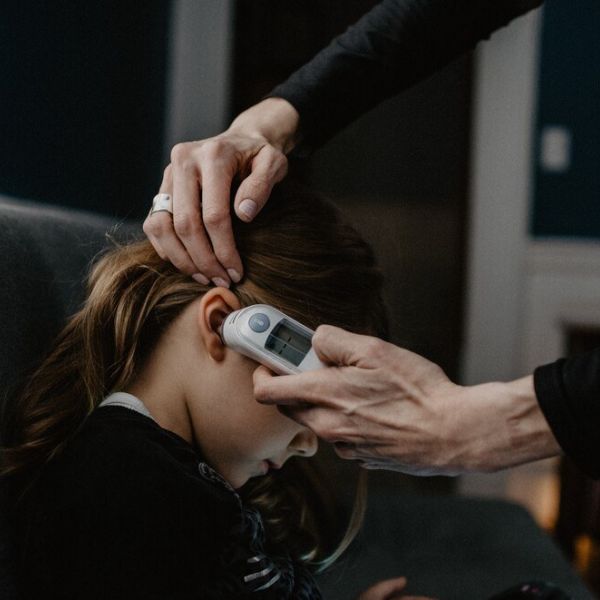
Aug 23, 2021
Will COVID-19 become a mostly childhood disease?
Within the next few years, as the SARS-CoV-2 virus becomes endemic in the global population, COVID-19 may behave like other common-cold coronaviruses, affecting mostly young children who have not yet been vaccinated or exposed to the virus, according to new modeling results. Because COVID-19 severity is generally lower among children, the overall burden from this disease is expected to decline.
Full Article
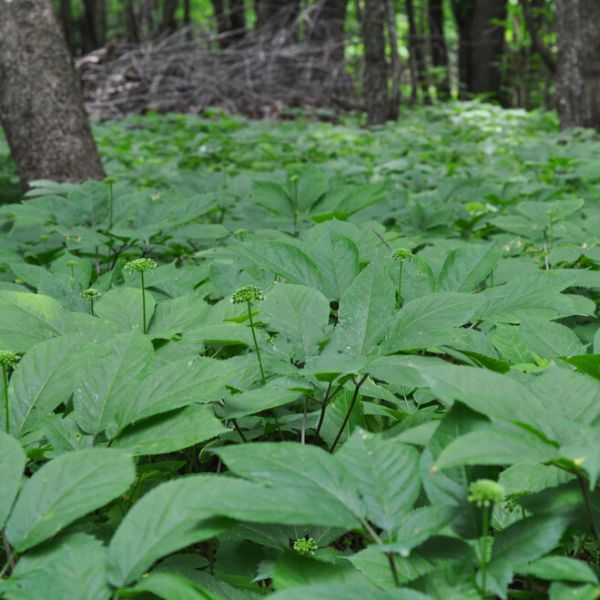
Aug 19, 2021
Researchers help track the growth of ginseng forest farming in Pennsylvania
There is good and bad news about ginseng collection and production in Pennsylvania, and likely much of Appalachia, according to a new study conducted by Penn State researchers.
Full Article
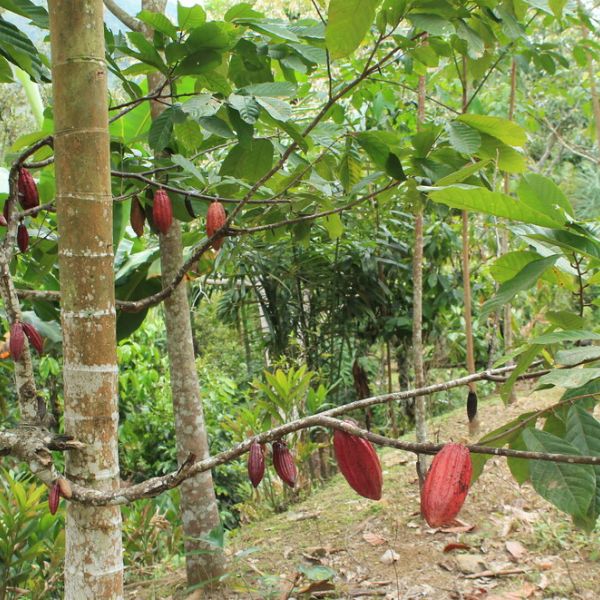
Aug 16, 2021
Study of structural variants in cacao genomes yields clues about plant diversity
An exhaustive and painstaking comparison of the genomes of multiple strains of the cacao tree by a team of researchers has provided insights into the role genomic structural variants play in the regulation of gene expression and chromosome evolution, giving rise to the differences within populations of the plant.
Full Article
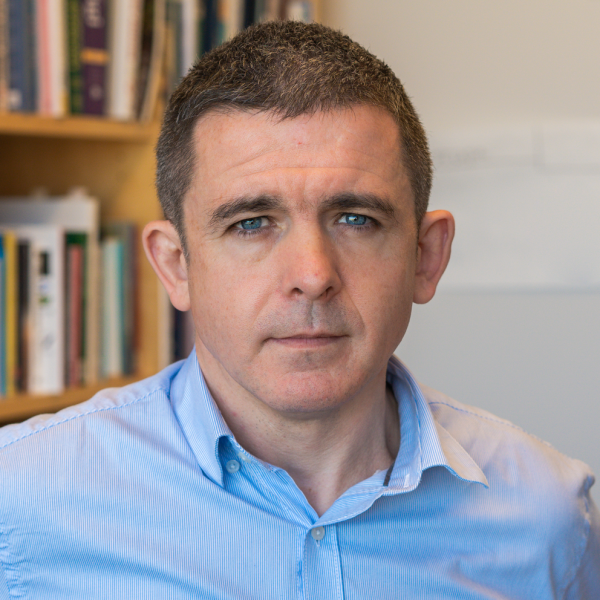
Aug 10, 2021
Global food security professor named to 'Most Creative People in Business' list
Entomologist David Hughes has been named to Fast Company's 2021 list for his innovative, impactful PlantVillage project.
Full Article

Aug 05, 2021
PlantVillage University Seminar Summary - Dr. James Legg and Cassava Viruses
PSU IBC graduate student fellow Kwadwo Amoah shares some of the research of Dr. James Legg from IITA-Tanzania. Dr. Legg's full lecture on vector-borne diseases of cassava can be viewed on Youtube: https://www.youtube.com/watch?v=zd7S2BLNHro
Full Article
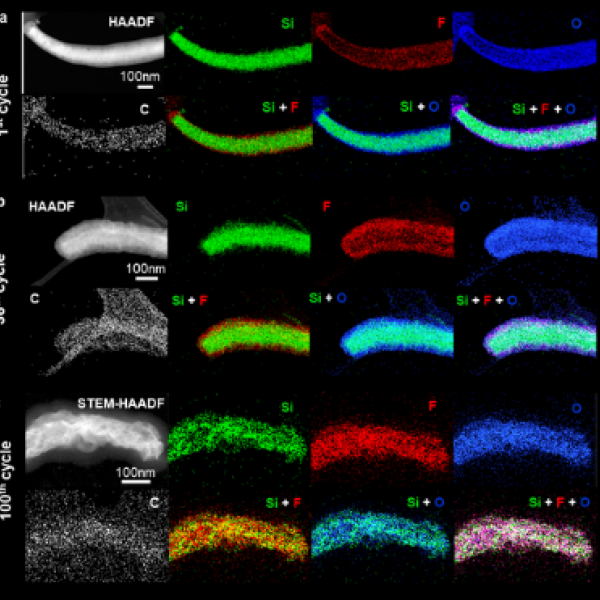
Jul 29, 2021
Novel method of imaging silicon anode degradation may lead to better batteries
A novel method of characterizing the structural and chemical evolution of silicon and a thin layer that governs battery stability may help resolve issues that prevent using silicon for high-capacity batteries, according to a group of researchers.
Full Article